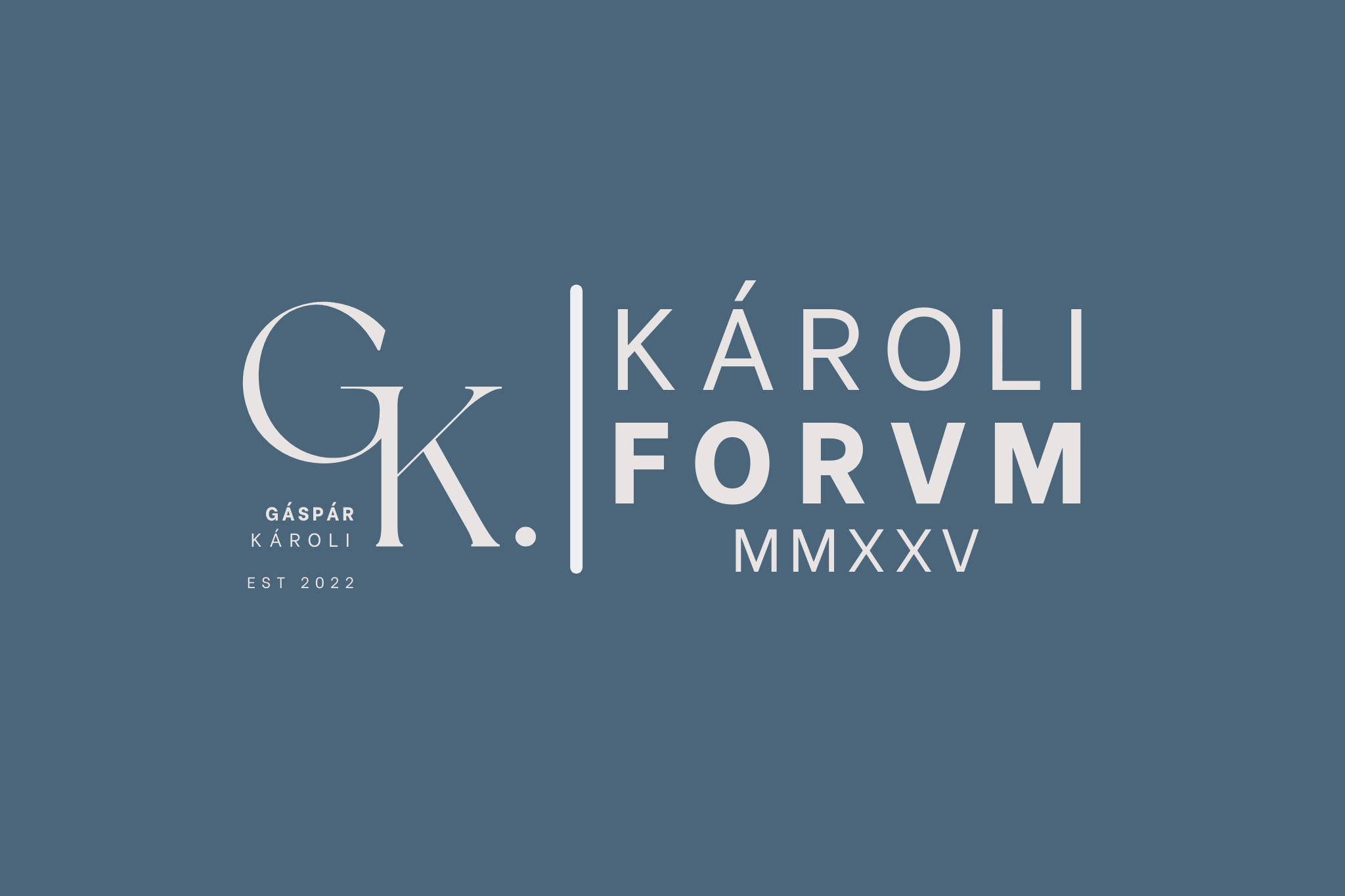Date: June 14, 2025
Place: Centre for Protestant Studies Gáspár Károli, Subotica, Serbia
Topic: From Nicaea to Present: The Shared Faith – Numerous Cultures Phenomena
1700 years ago, a religious movement whose state orchestrated persecution had ended slightly over a decade earlier, stood at the dawn of one of its major socio-political breakthroughs. After nearly three centuries, Christianity had reached a point when a shift from a community of inspired sermons to a religion of theology was inevitable for future survival. Attempting to clarify their core beliefs, stuck in the milieu of abstract Greek philosophy and still unyielding Roman state, threaten by internal disunity, a college of bishops in the ancient town of Nicaea formulated the most prominent Christian Symbol of Faith.
In centuries that followed, Christianity experienced various divisions, establishing ecclesiastical groups with different beliefs, traditions, structures, etc. Though predominant lines of demarcation were doctrinal in nature, they could not escape differentiations in terms of culture, language, background, or shared values. However, the Nicene Creed had for 1700 years been a common indicator acknowledged by the vast majority of Christians, repeatedly sung, chanted, prayed or whispered in both public or private worship by myriads of believers.
The 2025 Károli Forum wishes to examine in more details had the shared ancient profession of faith succeeded in serving as a point of contact, interaction, constructive dialogue, a link between otherwise fierce enemies, sectarian rivals and ideological adversaries? Human history has repeatedly shown that bridges between cultures, languages, nations, beliefs are essential for the common good. It seems that the Nicene Creed had from the dawn of the Middle Ages to our day and age shown adequate to form an identity that has in the course of human history appeared slightly more inclusive than exclusive. Or not?
The concept
The annual Károli Forum wishes to bring together participants from various fields within humanistic and respective disciplines, gathered by a shared attempt to offer a multidisciplinary analysis of rapport between Protestantism and mankind in the context of wider social, cultural and civil settings. The presented material aims to provide a new insight in both historical and contemporary aspects of this relationship, along with an attempt to identify its various tendencies generated by the challenges of the modern world.
Public call
The Centre for Protestant Studies Gáspár Károli invites all interested to participate in the work of Károli Forum MMXXV by submitting their papers on a topic of their own choice, in accordance with Instructions for Authors. For more information, please contact the organizers.
Conference proceedings
Each paper presented on Károli Forum MMXXV will be published within a separate edition of Conference proceedings.
Agenda
The Agenda of Károli Forum MMXXV will be available soon.




